My grandmother came from Poland to America as an infant in 1902 and grew up in the coalfields of Pennsylvania. In my childhood, I often sat in the sun with on her back porch steps, and there on many occasions she would tell me about life in a large immigrant family. She told me about the Company and the Company Store, the Iron and Coal Police, the constant presence of hunger. And she told me about the importance of unionization and the way her people’s lives improved when they joined one—both my grandfathers were members of the AFL-CIO. At the time they were just stories to me, but ones that were worth hearing. I seem never to have forgotten them.
In 1968, when I was 22 and newly graduated from college, (my grandma had left school at the end of third grade), I was hired by the Pittsburgh School District as a teacher/school librarian. The American Federation of Teachers--the AFT—was struggling to form a union. Another young teacher asked me if I would like to join. When I hesitated, he asked—“Do you plan to live with your parents forever? And “Do you have a trust fund?” Well, no…and no again. I had not thought beyond the individual pursuit of a job and a paycheck, but I understood what he was telling me and joined the AFT. Since then, I have participated in many of the other opportunities presented by union membership. At Robert Morris, our membership in the USW has resulted in better wages and job security, ensured by one of the best contracts for adjuncts anywhere in the US. But I think the most important thing by far is the collective nature of the group, which gives us power and allows us to have significant input into the state of our working lives. “We the people” does not refer only to the leadership but to the ordinary workers who call out our courage to stand and join the union. It is the democratic thing to do.
--Karen Fronzaglio, Reference Librarian, Robert Morris University; USW Local 1088 Guide
In 1968, when I was 22 and newly graduated from college, (my grandma had left school at the end of third grade), I was hired by the Pittsburgh School District as a teacher/school librarian. The American Federation of Teachers--the AFT—was struggling to form a union. Another young teacher asked me if I would like to join. When I hesitated, he asked—“Do you plan to live with your parents forever? And “Do you have a trust fund?” Well, no…and no again. I had not thought beyond the individual pursuit of a job and a paycheck, but I understood what he was telling me and joined the AFT. Since then, I have participated in many of the other opportunities presented by union membership. At Robert Morris, our membership in the USW has resulted in better wages and job security, ensured by one of the best contracts for adjuncts anywhere in the US. But I think the most important thing by far is the collective nature of the group, which gives us power and allows us to have significant input into the state of our working lives. “We the people” does not refer only to the leadership but to the ordinary workers who call out our courage to stand and join the union. It is the democratic thing to do.
--Karen Fronzaglio, Reference Librarian, Robert Morris University; USW Local 1088 Guide


